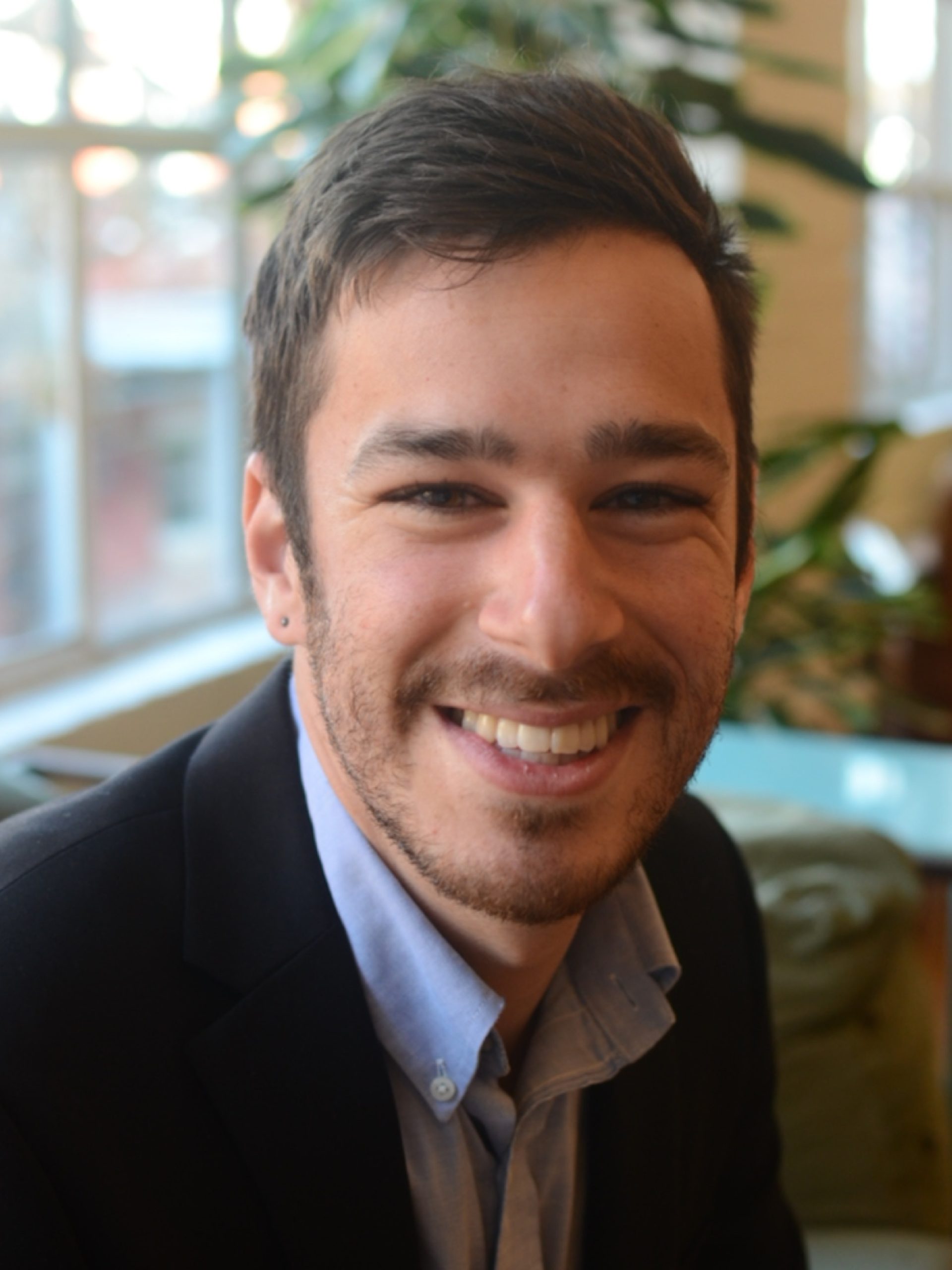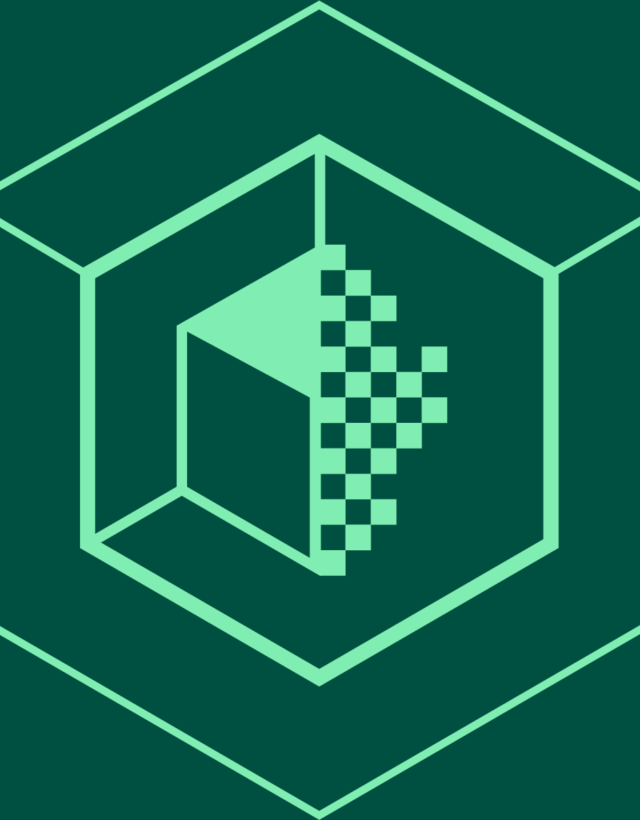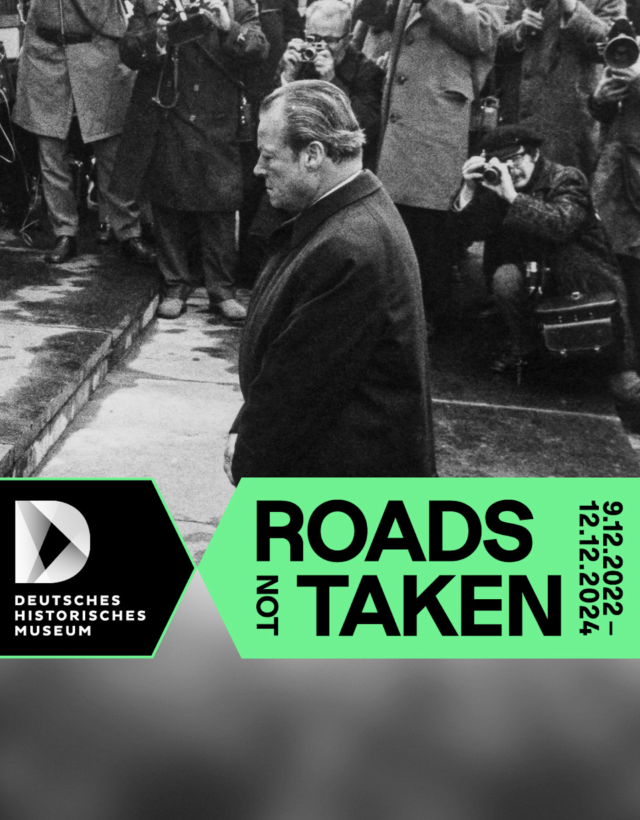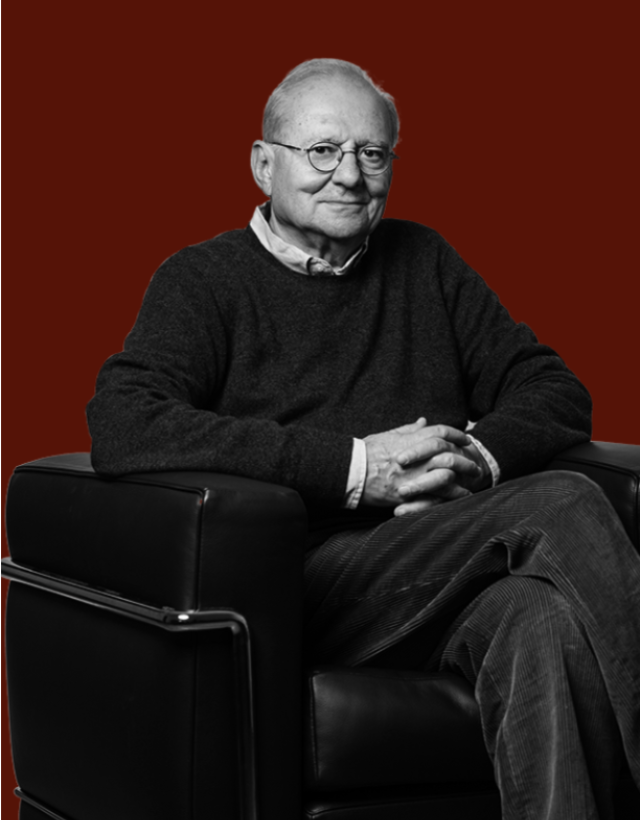
Homebase: Washington, DC
Job title: Executive Director
Adam Echelman is the Executive Director of Libraries Without Borders USA, where he advocates for dynamic programs that increase access to information by meeting people where they are—whether through digital literacy classes in Laundromats or health workshops in churches. In 2017, he launched the Legal Literacy Initiative at Libraries Without Borders to help public libraries deliver legal information to underserved communities across the United States. He has served as a Visiting Professor of Practice at John Jay College, where he co-taught a program on access to justice and legal information. Prior to Libraries Without Borders, Adam worked with asylum seekers and refugees at the Karnes Detention Center in Texas and in New Haven, Connecticut. He is a graduate of Yale University and a recipient of the Gordon Grand Fellowship. He loves studying languages, is fluent in French and Spanish, and speaks (rusty) Chinese. Adam is an avid hiker, an amateur but determined artist, and a lover of Hearts, Spades, and Euchre.
What is it like filing for unemployment, taking an online class, or looking for a job without a computer/internet in 2020?
In predominantly Black and Latinx cities like Detroit, San Antonio, and Baltimore, more than a quarter of households lack internet access and a computer at home. This digital divide cuts across the United States and disproportionately affects low-income people of color much like health disparities and food insecurity. As schools and workplaces go virtual during the COVID-19 pandemic, the digital divide has gained media attention, but the story is incomplete. The best way to understand the issue is to listen to the people who are most affected and to bring their stories to the foreground.
Through his network at Libraries Without Borders, Adam will identify 20 individuals across the US who are living without internet, a computer, and/or basic digital skills. He will provide them with a computer and Wi-Fi hotspots, and help them write and edit an Op-Ed or article that tells their story in their words. He will match these individuals with innovative newsrooms, reporters, and organizations in order to publish their writing and build relationships for follow-up features. This project will enable reporters to reimagine their approach, help the public better understand the digital divide, and empower individuals to make their voices heard.


